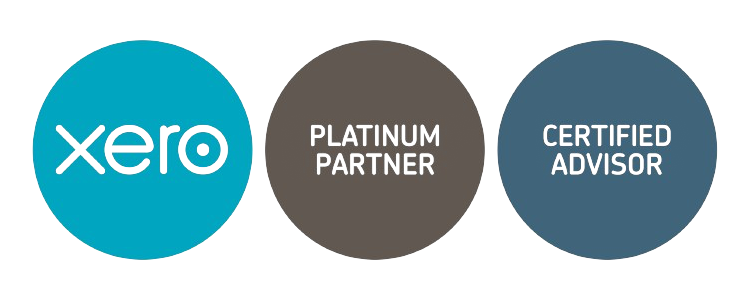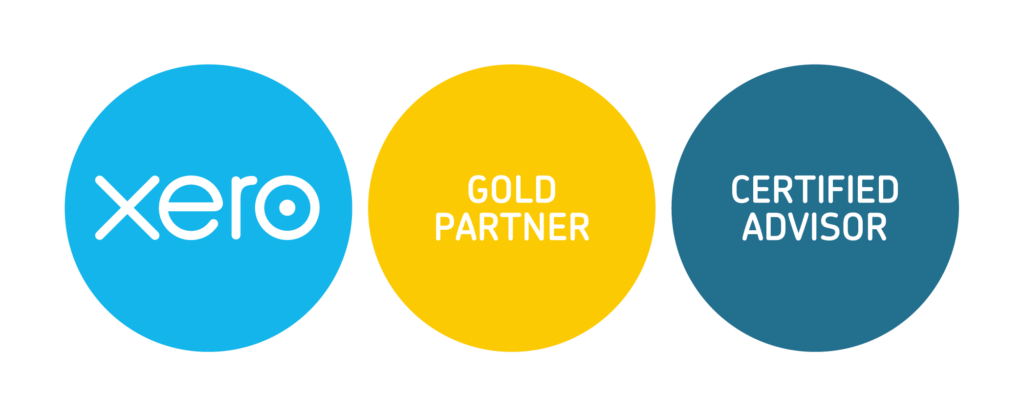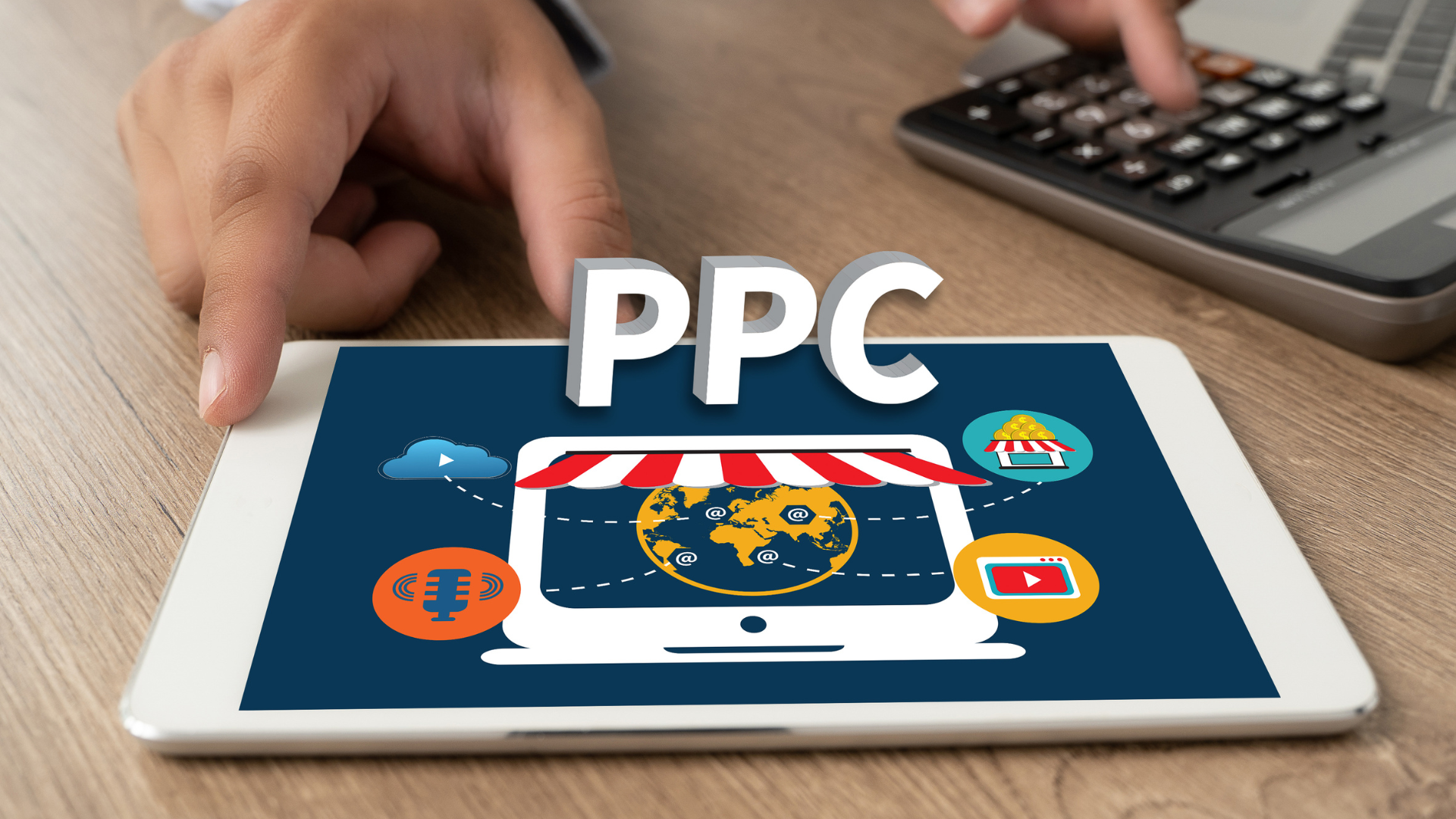CFO GROUP INTEGRATED SERVICES
The Ultimate Guide: How to Improve PPC Performance with Proven Strategies
CMO Media Lab Pte Ltd • September 5, 2024
In today’s fast-paced digital landscape, a successful pay-per-click (PPC) ad campaign can be the difference between driving significant traffic to your website and watching your advertising budget dwindle. With the exponential growth of online advertising, mastering the nuances of PPC has never been more critical for businesses seeking to enhance their online visibility and attract new customers. It's essential to recognize that effective PPC management is not just about placing ads but strategically optimizing every aspect of your ad campaign.
What is PPC optimization?
PPC optimization is the process of refining pay-per-click campaigns to achieve better performance and results. It involves improving key campaign elements like keywords, ad copy, landing pages, and bidding strategies. The primary objective is to enhance the efficiency of the campaign and increase ROI.
By analyzing performance data, marketers can identify areas for improvement and make data-driven adjustments. These optimizations aim to boost conversion rates and reduce costs. Ultimately, the goal is to maximize the effectiveness of the PPC efforts and drive better outcomes.
What does PPC optimization consist of?
PPC optimization is a multifaceted process that focuses on enhancing various aspects of a pay-per-click campaign to achieve better performance and results. It starts with keyword optimization, which involves conducting thorough research to identify high-value keywords that resonate with the target audience.
Ad copy optimization is equally crucial. It ensures the ad text is compelling and persuasive, driving users to click and convert. Additionally, ad extensions provide more information about ad groups and increase user engagement with the ads.
Another key component is bid management, which closely monitors ad group and adjusts bid levels to remain competitive while optimizing costs based on keyword performance and conversion data. Landing page optimization is also vital, ensuring that the page users land on after clicking the ad aligns with the ad’s message and offers a seamless user experience.
Conversion tracking and analytics allow for data-driven decisions, while ongoing monitoring and testing are essential for continuously refining the campaign to improve results over time.
Let’s delve into these critical first steps, which are paramount to laying a solid foundation for your business.
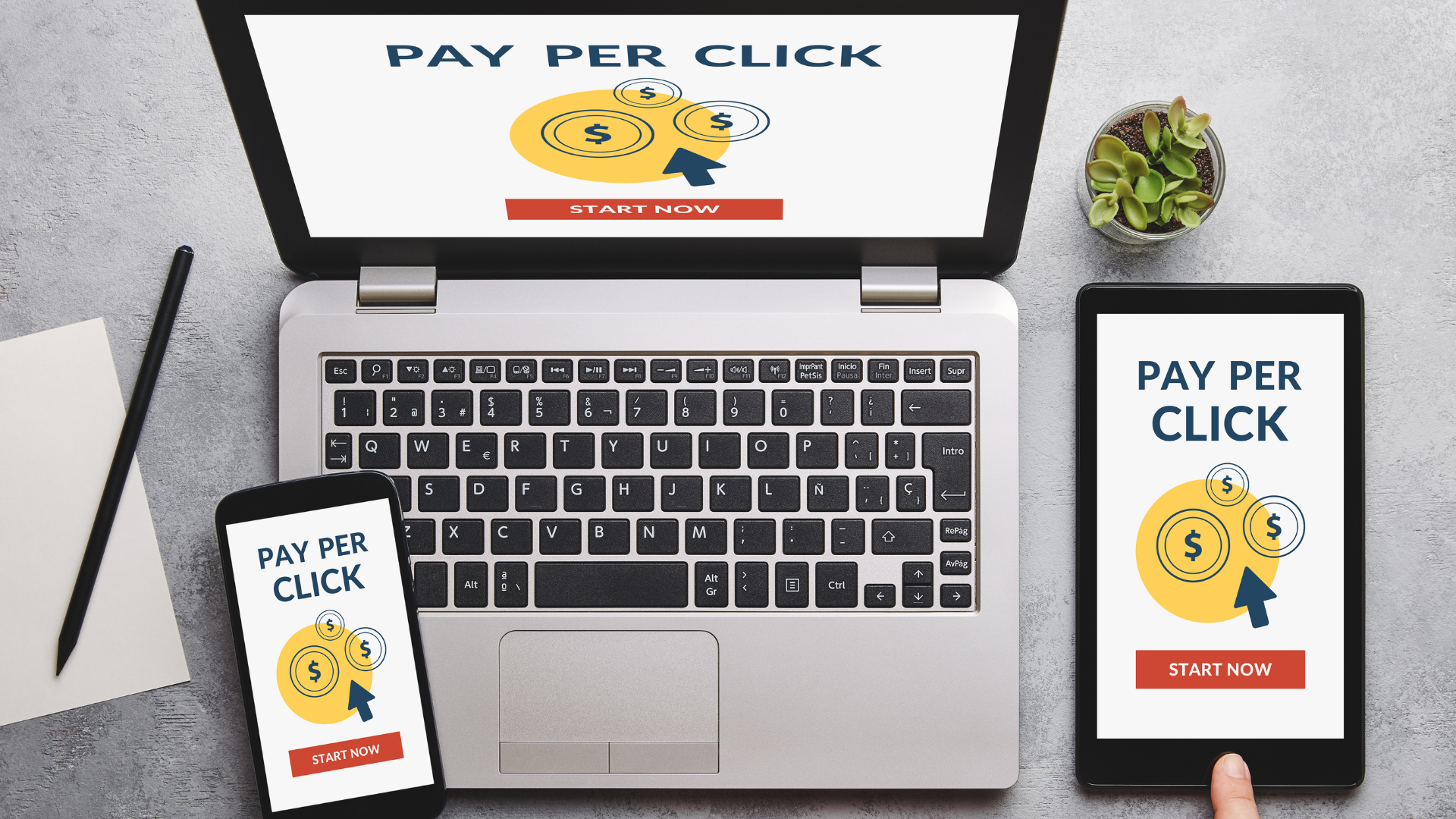
Setting Up Your Google Ads PPC Campaign
When setting up your Google Ads PPC campaign, it’s essential to follow best practices to maximize your return on investment (ROI). This guide outlines the key steps, from choosing the right ad type to customizing Google ads campaign for your target audience, ensuring that your new ppc campaign is well-positioned for success.
Choose a Type of Ad to Invest In
Google Ads offers a range of ad types, including image, video, and slideshow banner ads, each tailored for different marketing goals. Selecting the right ad type is crucial for aligning with your campaign objectives and engaging your target audience effectively.
- Image Ads: Best for visually showcasing products or services.
- Video Ads: Ideal for storytelling and creating brand engagement.
- Slideshow Ads: A versatile option that combines visuals and motion, perfect for dynamic presentations.
Beyond the directorship, your company must also appoint a local company secretary within six months of incorporation. This role is crucial as the secretary acts as the chief administrative officer, ensuring statutory compliance and efficient corporate governance.

Determine Your Ad Budget and Bidding Strategy
Setting a daily budget for your PPC campaign is a critical step that should reflect the value of the topics-related keywords and audiences you are targeting. Once your budget is in place, the next step is to choose a bidding strategy that aligns with your campaign goals.
- Daily Budget: Allocate resources based on the importance of keywords and audience segments.
- Cost-Per-Click (CPC): Focuses on driving traffic to your website by paying for each click.
- Cost-Per-Conversion (CPA): Aims to maximize conversions, such as sales or sign-ups, within your set budget.
Aligning your bidding strategy with your campaign objectives will help you get the most out of your ad spend.
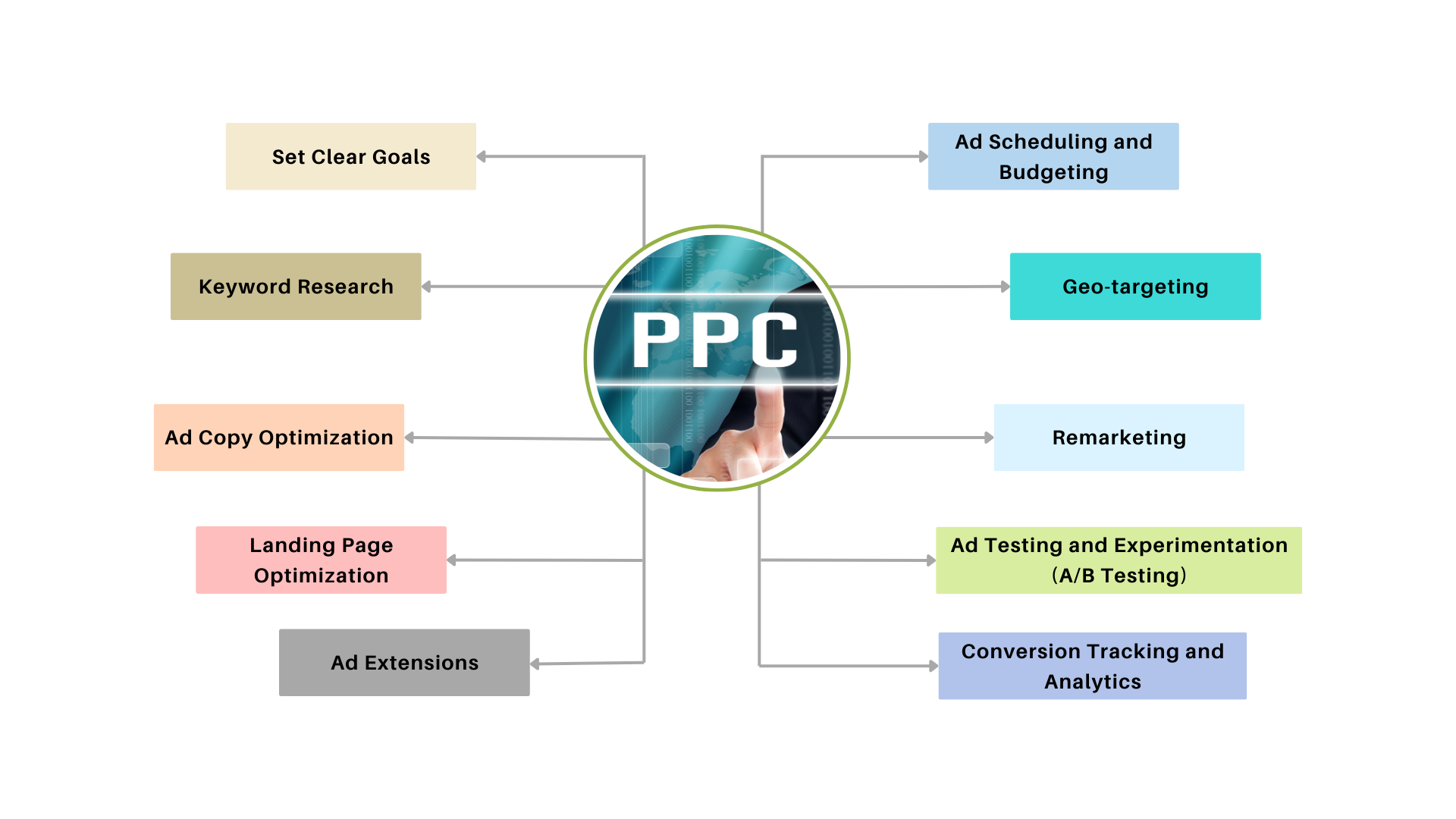
Customize Your Target Audience, Interests, Location, and Search Terms
Customizing your target audience ensures that your ads reach the right people at the right time, enhancing the effectiveness of your campaign. Google Ads offers a range of targeting options that allow you to fine-tune who sees your ads.
- Targeting Criteria: Include location, interests, and app usage to reach specific demographics.
- Custom Audiences: Use affinities and intents to reach users more likely to engage with your ads.
- Negative Keywords: Avoid having your ads appear in irrelevant searches, optimize ad spending, and improve campaign relevance.
By following these steps and applying best SEO practices, you can create a Google Ads PPC campaign that effectively drives traffic, engages your target audience, and achieves your business objectives.
Keyword Research and Optimization
Effective keyword research and optimization are critical to the success of your PPC campaigns. By identifying the right keywords, you can target the most relevant audience, improve your ad performance, and achieve higher conversion rates.
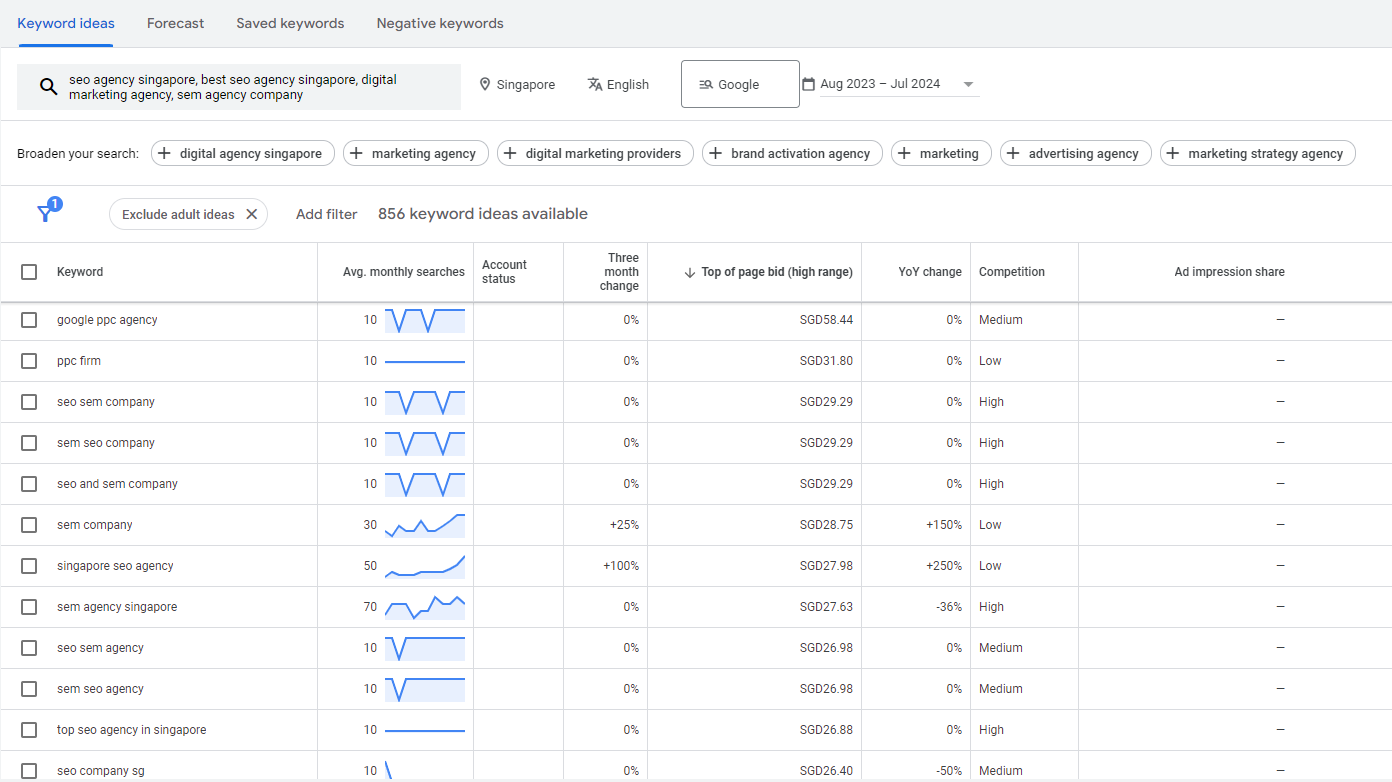
Do Your Keyword Research
Thorough keyword and search term research is the foundation of any successful PPC campaign. It involves identifying keywords and search terms that are relevant to your products or services, have high search volume, and have low competition per search term. This ensures that your ads are more likely seen by potential customers actively searching for what you offer.
- Conduct thorough keyword research: Identify relevant and high-value keywords that align with your campaign goals.
- Use tools like Google Keyword Planner: Leverage keyword research tools to find and select the most effective keywords for your campaign.
- Focus on buyer's intent: Prioritize bidding on keywords that reflect the intent of users who are ready to purchase or take action.
Optimize Your PPC Campaign with Keyword Research
After identifying your initial set of keywords, it's crucial to continuously optimize your PPC campaign by refining your keyword list based on performance data. This ongoing refinement ensures that your ads stay relevant to your target audience and remain cost-effective. By regularly analyzing how your keywords perform, you can make data-driven adjustments that focus on the top search terms and phrases that resonate most with your audience. Incorporating long-tail keywords, which are more specific and often reflect a clearer user intent, can lead to higher conversion rates and a better return on investment.
In addition to refining your keyword list, conducting regular marketing analysis is essential. You can identify new, relevant keywords and phrases to enhance your campaign's effectiveness by staying informed about market trends and monitoring competitor strategies. This proactive approach helps you stay ahead of the competition. It ensures that your PPC efforts are optimized for search engines and aligned with your broader business objectives. Ultimately, following these best practices will attract the right audience and achieve your marketing goals more efficiently.
Ad Copy and Extensions
Optimizing your search ad creating ad copy and effectively utilizing ad extensions are essential to a successful PPC campaign. By using Google search ads, experimenting with new ad copy, enhancing your ads with extensions, and leveraging responsive search ads (RSAs), you can significantly improve the performance and relevance of your ads, leading to better engagement and higher conversion rates.
Experiment with New Ad Copy
Regularly updating and testing new ad copy is crucial for maintaining the effectiveness of your PPC ad campaigns. Low-performing ads can drag down your overall ad campaign performance, so it's important to write fresh ad copy that resonates with your target audience.
- Write brand-new ad copy: Replace underperforming ads with a fresh, targeted copy.
- Target a user problem: Focus on addressing a specific issue your audience faces.
- Use numbers and keywords: Incorporate data points and relevant keywords to make your ad more compelling.
- Monitor performance: Utilize responsive ads to track how new ad copy performs in real time.
Create Effective Ad Extensions
Ad extensions are a powerful tool that can significantly enhance the visibility and effectiveness of your ads. By providing additional information and engagement opportunities for paid ads, ad extensions make your ads more attractive to potential customers.
- Provide additional information: Use extensions to offer more details about your products or services.
- Enhance visibility and attractiveness: Extensions make your ads stand out and can lead to higher click-through rates.
- Consider using site links, callouts, and call extensions: These specific types of extensions can direct users to relevant pages, highlight key selling points, and provide easy ways to contact your business.
Use Responsive Search Ads
Responsive Search Ads (RSAs) offer a versatile way to test different combinations of headlines and descriptions within ad groups. This feature allows Google to automatically select the best-performing elements, helping you create ad copy that maximizes your ad’s effectiveness and search volume.
- Multiple headlines and descriptions: RSAs enable you to input up to 15 headlines and four descriptions, providing flexibility to create ad copy that targets various aspects of your audience's interests.
- Automated testing: Google tests various combinations of these elements and determines which combinations perform best, saving you time and optimizing your campaign.
- Cost-effective optimization: By reducing the need for extensive A/B testing, RSAs help you save time and money while efficiently reaching your target audience.
By implementing these strategies, you can optimize your ad copy and extensions to achieve better search engine results, making your PPC campaigns more effective and aligned with best SEO practices.

Landing Page Optimization
Optimizing your landing pages is crucial to the success of your PPC campaigns. A well-designed, responsive, informative landing page can significantly improve your PPC performance, leading to higher conversion rates and better user experiences.
Create a Dedicated Landing Page
Improving the performance of your PPC campaigns starts with focusing on those with weak landing pages. By identifying these underperforming campaigns and prioritizing them for enhancement, you can significantly boost their relevance and engagement.
Building customized landing pages tailored to each campaign's needs ensures that the content and design resonate with the target audience, making the pages more effective and aligned with the campaign's goals.
Consider using tools like Unbounce or hiring a professional landing page design company to achieve this. These resources can help you create fast, responsive, and informative pages that enhance the user experience and improve campaign performance.
Optimize Your Website for On-Page Content
Ensuring your landing page is aligned with the ad’s messaging is vital for providing a seamless user experience. This includes using the E-E-A-T (Experience, Expertise, Authoritativeness, and Trustworthiness) strategy to enrich your site with high-value content.
- Align content with ad messaging: Ensure consistency between your ads and landing page to avoid confusing visitors.
- Implement the E-E-A-T strategy: Enrich your landing page with high-value, actionable content that meets the needs of your target audience.
- Improve Core Web Vitals: Improve page speed, responsiveness, and visual stability to boost SEO and conversion rates.
Bidding and Budgeting for PPC Ads
Effective bidding and budgeting strategies are key to maximizing the impact of your PPC campaigns. Whether you choose manual or automated bidding, monitoring and adjusting your strategy regularly is essential.
Optimize PPC Bids with Manual Bidding
For campaigns running longer than 30 days, switching from automated to manual bidding can provide greater control over your bids.
- Switch to manual bidding: Gain more control by manually setting and adjusting bids based on performance data.
- Set competitive bids: Use campaign data to set competitive yet cost-effective bids.
- Monitor performance closely: Regularly review bid performance to make necessary adjustments.
Explore Automated Bidding Strategies
Automated bidding strategies, such as target CPA (Cost Per Acquisition) or target ROAS (Return on Ad Spend), can help achieve campaign goals while saving time and effort.
- Consider automated bidding: Use strategies like target CPA or ROAS to automate bid adjustments.
- Save time and effort: Automated bidding can help achieve your goals more efficiently.
- Monitor and adjust regularly: Even with automation, regular monitoring and adjustments are crucial to success.
Targeting and Retargeting
Effective targeting and retargeting are crucial for ensuring your PPC campaigns reach the right audience at the right time. By focusing on prospective and returning customers across multiple campaigns, you can significantly improve the likelihood of conversions, thereby maximizing the effectiveness of your marketing efforts.
Target Prospective and Returning Customers
When targeting, it’s essential to focus on attracting new customers who could benefit from your products or services while ensuring multiple touchpoints with potential customers through retargeting. This approach increases the chances of conversion by using new keywords while keeping your brand top-of-mind for those who have previously interacted with your business. Additionally, geotargeting allows you to target specific locations, optimizing your campaign's reach and effectiveness.
Use Geotargeting in Your PPC Strategy
Geotargeting lets you concentrate your PPC efforts on specific locations, making your ads more relevant to the targeted audience. By focusing on particular cities, states, or countries, you can maximize the impact of each click. This strategy is particularly effective for driving in-store sales, as targeted online ads can increase foot traffic to your physical locations.
Take Advantage of Remarketing for PPC Campaigns
Remarketing is a powerful tool for re-engaging potential customers who have previously interacted with your business. By creating targeted ad groups, you can deliver more personalized ads that resonate with these ad groups of users, increasing the chances of conversion. Despite challenges posed by data and privacy updates, adapting your strategies can help you continue to leverage remarketing effectively.
Tracking and Testing
Continuous tracking and testing are vital for optimizing PPC campaigns. By monitoring performance and conducting A/B testing, you can refine your strategies for better results.
Track Your PPC Campaign’s Performance
Use analytics dashboards to get a comprehensive view of your campaign’s performance.
- Use analytics dashboards: Track key performance indicators (KPIs) such as click-through rate (CTR), conversion rate, and cost per conversion.
- Take a holistic view: Consider the overall performance of your PPC campaigns, not just individual metrics.
Conduct A/B Testing for PPC Campaigns
A/B testing helps you identify the best-performing elements of your campaign by comparing variations.
- Conduct A/B tests: Test different elements of your ads to see what drives the most conversions.
- Test one factor at a time: Isolate variables to determine their impact on performance accurately.
- Use results to optimize: Implement findings from A/B tests to refine and improve your campaigns.
Monitor Your Ads While You’re Away
Even the most effective PPC campaigns need consistent monitoring to maintain their performance. To ensure your ad campaigns continue to deliver results, it is crucial to set up alerts with tools like Ad Assistant. These alerts notify you of any significant changes in your ad performance, allowing you to take prompt action if necessary.
Additionally, scheduling detailed reports to be sent directly to your inbox keeps you informed about your campaign's progress, ensuring you can stay on top of performance metrics even when you're not actively managing the campaigns.
Advanced PPC Strategies
Adopting advanced strategies like Performance Max campaigns and exploring Microsoft Ads can yield significant advantages for those aiming to elevate their PPC campaigns. These approaches harness cutting-edge technology and alternative platforms to enhance campaign performance, reach broader audiences, and drive better results.
Leverage Performance Max Campaigns
Performance Max (PMax) campaigns are a powerful tool that leverages automation and machine learning to optimize your PPC strategy across various platforms. PMax automatically adjusts your campaigns to reach a wider audience by targeting users across multiple channels, including search engines. This approach is particularly practical for campaigns focused on driving purchases, as PMax's ability to fine-tune targeting and bidding can significantly boost conversion rates.
Explore Microsoft Ads
Exploring Microsoft Ads can provide distinct advantages over traditional Google Ads campaigns, particularly in competition and available tools. Microsoft Advertising often faces lower competition, leading to reduced cost-per-click (CPC) rates and potentially higher ROI.
Additionally, Microsoft Ads offers unique tools and features that Google Ads may not provide, allowing advertisers to leverage these capabilities to enhance their campaigns further and reach their target audience more effectively.
Avoiding Common Mistakes in PPC Campaigns
Avoiding common pitfalls in PPC campaigns can save time, money, and effort. You can maximize your PPC investment by focusing on more than just traffic generation and ensuring a strong site experience.
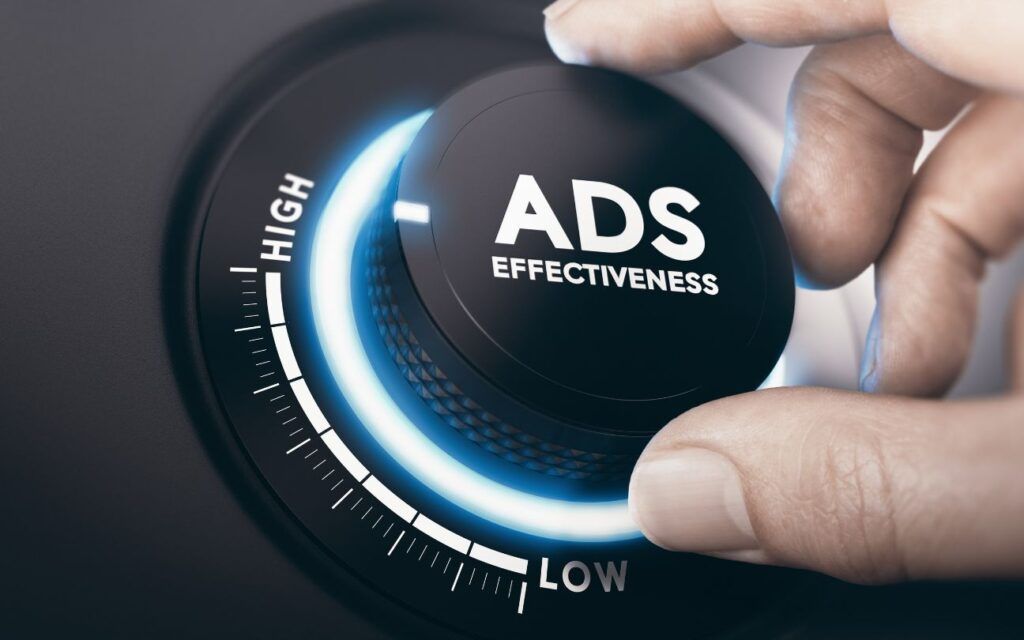
Don’t Focus Too Much on Traffic Generation
While increasing web traffic is an essential aspect of any PPC campaign, it should not be the sole focus of shopping campaigns. The ultimate objective of your PPC efforts should be to drive meaningful actions, such as conversions, that align with your business. By setting specific and measurable goals for each campaign, you can ensure that your efforts contribute to broader business objectives, not just generating clicks.
It's crucial to consider the value of each click by focusing on the quality of the traffic's search intent rather than just the quantity. High traffic numbers and search terms can be misleading if they do not translate into conversions or other desired actions. Therefore, optimizing your PPC campaigns to attract and convert the right audience is key to achieving better results and maximizing your return on investment (ROI).
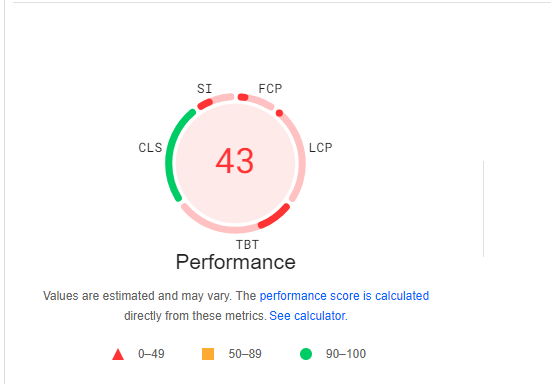
Don’t Send Visitors to a Poorly Designed or Slow Site
A poorly designed or slow site can significantly undermine even the most effective PPC ads. If your website traffic or landing page isn't optimized, visitors may quickly leave, resulting in wasted ad spend and missed conversion opportunities. To avoid this, it's crucial to ensure that your landing pages are fast, user-friendly, and easy to navigate.
A quick-loading page provides a seamless user experience, reducing bounce rates and keeping potential customers engaged. Additionally, the content on your site should be clear, compelling, and directly aligned with the messaging of your ads. This consistency between the ad and landing page helps to reinforce the visitor's decision to click and increases the likelihood of a conversion.

Don’t Neglect to Test and Track KPIs
Effective PPC campaigns rely on data-driven strategies, making the testing and tracking of key performance indicators (KPIs) essential. Regular ad copy, targeting, and landing page testing help optimize performance and ensure your campaign remains effective and aligned with your goals.
Monitoring KPIs like click-through rate (CTR) and conversion rate provides insights that guide your campaign decisions. Focusing on these metrics enhances your PPC efforts, ensuring you're making the most of your advertising budget and achieving better results.

Ongoing Optimization
Continuous improvement is the key to PPC success. Regularly monitoring and testing your campaigns ensures that your strategy remains sharp and effective. Staying informed about industry trends and considering professional assistance can further enhance your PPC efforts, helping you achieve better results and maintain a competitive edge.
Continuously Monitor and Test Your PPC Campaign
To maintain and improve PPC performance, you must review your campaigns regularly and make data-based adjustments. By continuously monitoring your campaigns, you can identify areas that need improvement and make the necessary changes to keep your ads effective.
A/B testing is crucial to this process. It allows you to experiment with different elements and optimize your campaigns based on what works best. This ongoing refinement ensures that your PPC strategy remains robust and aligned with your business goals.
Stay Up-to-Date with the Latest PPC Trends and Best Practices
Keeping up with the latest PPC trends and best practices is vital for staying ahead in the competitive digital marketing landscape. Attending conferences and webinars can provide valuable insights into new strategies and techniques while reading industry blogs and publications can help you stay informed about emerging trends.
Additionally, considering the expertise of a PPC professional can elevate your campaigns to the next level, ensuring that your strategy is both innovative and effective. By continuously improving your approach and staying updated, you can optimize your PPC campaigns, enhance your return on investment, and outperform the competition.
Conclusion: Stay Ahead with Continuous Optimization
Improving PPC performance is not a one-time effort but an ongoing process of monitoring, testing, and refining your campaigns. By staying informed about the latest trends, leveraging advanced technologies, and focusing on data-driven decision-making, you can ensure that your PPC efforts consistently deliver the best possible results. Whether you're a small business or a large enterprise, these strategies will help you optimize your PPC campaigns, drive more qualified traffic, and achieve your business objectives.
Supercharge Your Business Growth with Winning PPC Strategies
Ready to elevate your business? Our expert PPC strategies drive targeted traffic and boost conversions, aligning perfectly with your goals. At CMO Media Lab, we create powerful campaigns that deliver actual results. Visit our website today to discover how we can help you dominate the digital landscape. Click below and take the first step to transform your business!


